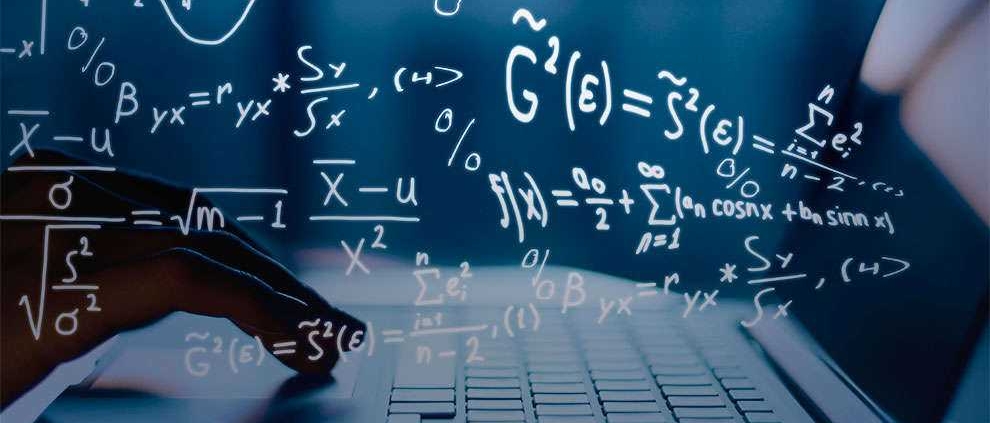The lessons of online teaching during the pandemic
The researchers from the Institute of Numerical Modelling are active not only in science but also in the field of education. They share their experiences with online teaching as well as give advice on passing the centralised exams.
Having studies moved to an online environment creates new challenges for the teaching staff and students alike. “The process of learning is not just the exchange of dry facts, it is also supervision of students,” says researcher and lecturer Kristaps Bergfelds in an article in the journal’s Sestdiena issue of June 14. In-class teaching significantly differs from online communication. Being in the same location lets the teacher or professor better understand if the students need a helping hand or if the material being taught is well understood, a lot can be seen from the students’ facial expressions and voice intonations.
K. Bergfelds has also noticed that the largest difficulties are related less with the content of the studies and more with the change in work dynamic and location. Before the pandemic each activity had its own space – studying at the university, relaxing at a bar and working at the office. During the pandemic, everything has to be done from home and it complicates switching from one activity to another.
For better contact with students, it is important to find a creative approach and to successfully use technologies. Conducting tests and exams also asks for new teaching methods. Due to the restrictions of COVID-19, the Faculty of Physics, Mathematics and Optometry moved exams to an online environment while the high-school centralised exams were conducted ensuring a 2 m distance between students and the wearing of face masks.
To disperse the students’ worries about centralized exams after several months of online classes, several researchers from the University of Latvia shared their tips and tricks for passing exams in a live video lecture. A Ph.D. student and scientific adviser in the Institue of Numerical Modelling Ģirts Zāģeris explained what to expect from and how best to prepare for the physics exam. The most important things are to describe everything with as much detail as possible, to remember that nothing is self-evident, and to write down the thought process. In the experimental tasks, one should pay attention to detail and explain what, how, and why it will be measured. And rather than learning theory by heart, it is much more useful to do mock exams from the previous years and correct them to better understand the evaluation process.
Even though online teaching is different, many lessons were learnt by professors and students alike, and they surely will be useful in the future.
A full journal Sestdiena (June 14 issue) article What have we really learned? is available here (https://www.diena.lv/raksts/sestdiena/pieredze/ko-mes-tiesam-esam-iemacijusies-14242882) and a video lecture on how to best pass centralised exams is available here (https://www.facebook.com/latvijasuniversitate/videos/824061451335736/).


